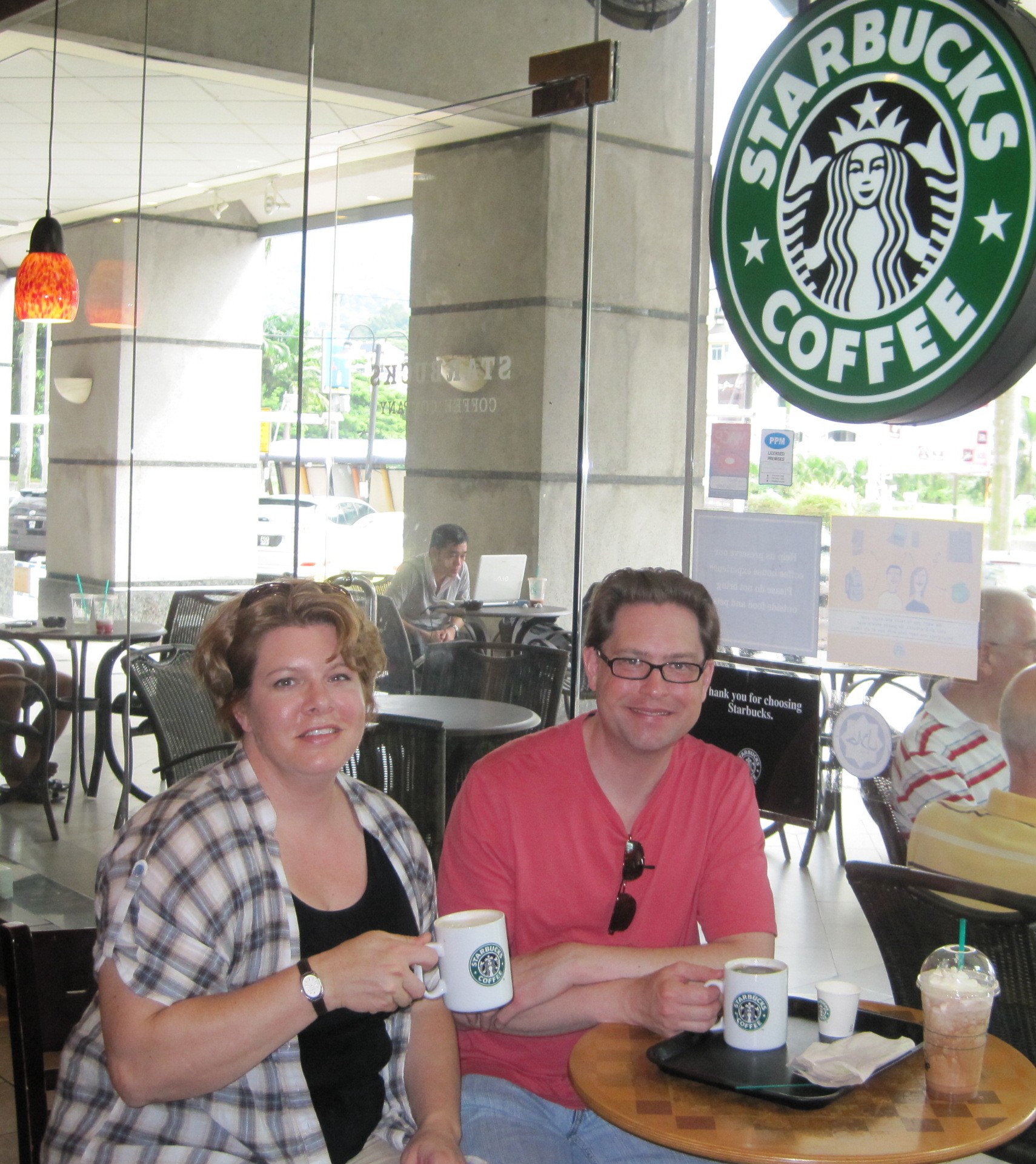by Matthew Raley Dr. Paul Zingg opened and closed Chico's Community Action Summit with an assertion. At the start of the day, he said that the summit was about "virtues." At the end, he said that he was pleased to hear the issue of wellness receive so much attention. "But," he added, "we must add goodness to wellness."
The distinction goes to the core of the summit's focus: our city's problem with alcohol.
Wellness is good health, both physically and emotionally. As a culture, we are comfortable talking about this category. We spend vast sums of money on fitness, dieting, and medicine. We analyze many problems like alcohol abuse as public health issues. If people were educated about wellness, we think, they would make better decisions.
It's a useful model.
But wellness is not the same as goodness. Goodness is the result of the moral disciplines that Dr. Zingg called virtues. The very term goodness calls us to discriminate between actions -- that is, to discover which ones might be evil. We are less comfortable with this category.
During the summit, the need for clarity about goodness came up repeatedly.
A session on sexual assault was attended by many survivors of violent crimes, both men and women. Several young women identified themselves as survivors of rape, describing an atmosphere on campus in which men laugh about sexual assault, stalking is a constant reality, and the most dangerous spaces are not public but private. One male student described being beaten in front of cheering bystanders. A father told of an attack on his son. Alumni in the group said that the atmosphere has not changed since they were students years ago.
Survivors of actions like these do not need evil explained. They want change for the good.
Assault survivors talked about creating a culture of personal responsibility by focusing on daily actions and relationships. Associated Students president Jay Virdee also raised the issue of personal responsibility and ran a session exploring educational approaches. He is articulate and passionate about this priority, and has ideas to encourage good decision-making through student mentoring.
I attended a session in which bar owners described being swamped with fake driver's licenses, either forged or stolen. They conferred with a police officer, cordially but inconclusively. Does the city have resources to arrest and prosecute the people who make and use fake cards? Clearly not. I was struck by the diligence bar owners and managers have shown in enforcing the laws. They are the people who confiscate fake i.d. from a parent trying to pass his kid off as 21. Personal responsibility came up in this discussion as well.
Clearly we need to change individuals' decision-making. Is wellness a strong enough category to bring about that change?
The parent sneaking liquor into his daughter's dorm room has a sense of wellness. If he thought it would hurt his daughter to drink, he wouldn't get her the stuff. If anything, his sense of wellness is offended by what he sees as intrusive rules.
The 19-year-old who uses his older brother's i.d. to get into bars has a sense of wellness, too. His partying is under control. He gets good grades and holds down a job. He's not on crack. Who gets hurt?
The 26-year-old who gets a 19-year-old woman to "sext" him when she's drunk, and later posts her pictures on the web -- even he has a sense of wellness. How could his actions possibly have hurt her? She's famous now. Guys love her.
On what basis will we argue that these three people are not well? They don't see the harm in their choices. They don't see any connection between their actions and nights of mayhem like last Saturday, when the police received 391 calls in a twelve hour period. These three will say it's other people who are "out of control."
To make the case, we will have to use the word wrong. We will have to talk about what is good. We'll have to examine beliefs -- critically evaluate the reasons we give for our actions. We'll have to speak in terms of goodness because wellness is not a self-evident concept. It is derived from ethics.
There are several things we can do to make this case. We can recover some old words that express the differences between actions: honesty and lying, wisdom and folly, lust and love. We can also restore to educators the mandate to teach these words. Even further, we can link consequences to good and bad actions. These are the things that confident communities do.
As a pastor, my job goes one step further. The gospel I teach has to go beyond wellness. Jesus is indeed a healer. But he did not die and rise again because of our poor decisions. He died and rose again because we are not good. He came to deliver us from evil. Only that message is worth calling "good news."

